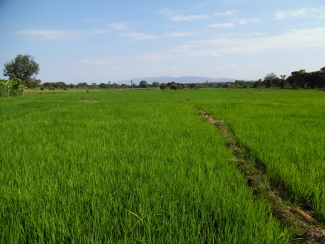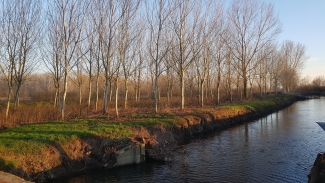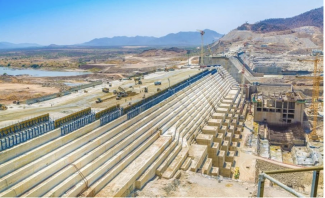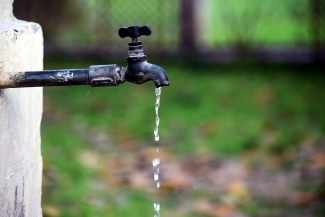FILTER
Displaying 61 - 70 of 189 publications
The water crisis that gripped Cape Town over the 2016–2018 period gained global attention. For a brief period of time in early 2018, it looked as if the legislative capital of South Africa would…
| Peer Reviewed | South AfricaBoth in the United States and in Europe there is ongoing work on reversing habitat fragmentation and the attendant loss in biodiversity in river systems caused by hydropower and other developments…
| Peer Reviewed | GhanaStudies around Lake Victoria documented various challenges hindering higher landing prices among artisanal fishers associated with varying attributes of fish. However, determination of the effects of…
| Peer Reviewed | TanzaniaAbstract Agricultural production in sub-Saharan Africa faces a multitude of challenges arising from land degradation, climate change, and limited access to improved technology. In this context…
| Peer Reviewed | Ethiopia, TanzaniaIt is widely believed that forests help improve water quality by reducing soil erosion (and hence reducing silt) as well as filtering out nutrients and pollutants carried in water, which allows the…
| Research Brief | ChinaAbstract When construction of the Grand Ethiopian Renaissance Dam (GERD) is completed, the Nile will have two of the world’s largest dams—the High Aswan Dam (HAD) and the GERD—in two different…
| Peer Reviewed | EthiopiaOctober 2020 When Cape Town, South Africa, experienced a severe drought, the city feared “Day Zero,” the day that water would no longer be supplied through water taps. We calculated Gini coefficients…
| Research Brief | South AfricaThis policy note provides a snapshot of water and sanitation measures implemented by governments in response to the COVID-19 pandemic in 14 countries in the Global South: Costa Rica, El Salvador…
| Peer Reviewed | South Africa, Ghana, Nigeria, Chile, Vietnam, Uganda, Kenya, Central AmericaThe water purification functions of forests represent one of the most frequently invoked examples of non-market ecosystem services that are economically valuable. Yet, there has been a paucity of…
| EfD Discussion Paper | ChinaAbstract The design of protected areas, whether marine or terrestrial, rarely considers how people respond to the imposition of no-take sites with complete or incomplete enforcement. Consequently…
| Peer Reviewed |


